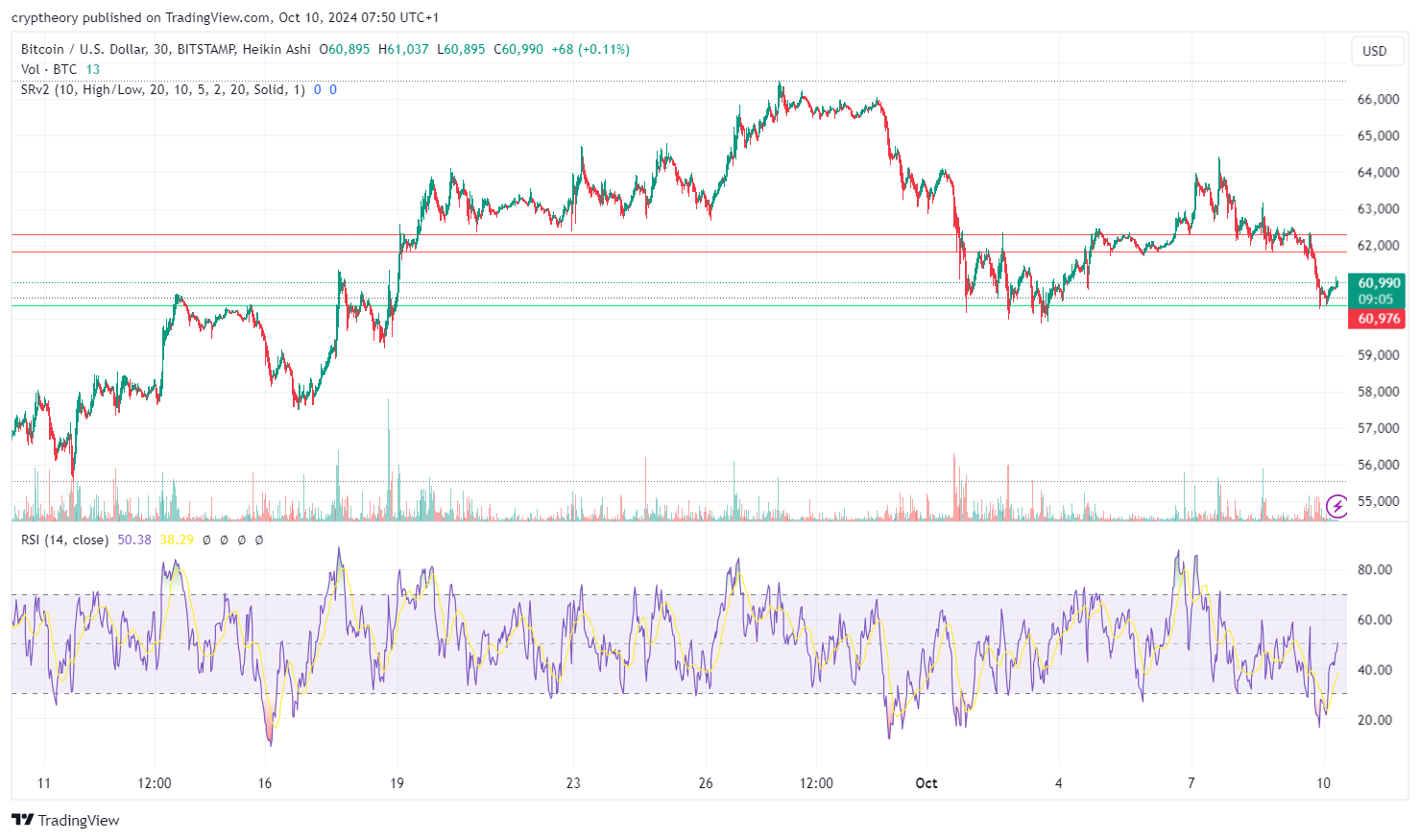The Organization for Economic Co-operation and Development (OECD) has released a public consultation document revealing a new framework the institution intends to adopt for cryptocurrencies.
The document aims to create a “big data” of cryptocurrency investor information. Thus, it wants all OECD members, including Brazil, the United States and more than 36 nations in the world, to adopt global taxes for cryptoassets.
The report seeks review how international tax authorities share related information
to cryptocurrencies. In addition, anNew proposals seek to incorporate cryptocurrencies into the international tax reporting regime.
The new due diligence procedures proposed under the draft guidelines would, for example, require individuals and entities that provide custody and cryptocurrency exchange services to “identify their customers” and provide the “added values of exchanges and transfers to those customers on an annual basis.”
OECD
The OECD is an intergovernmental economic organization with 38 member countries. The organization was created to promote international cooperation on common problems.
The OECD developed the Crypto-Asset Reporting Framework at the request of the G-20. The framework seeks to create an international standard for automatically collecting and exchanging information about cryptocurrency transactions between cryptocurrency service providers and international tax authorities.
Therefore, under the new rules, cryptocurrency service providers would have to collect extensive customer-identifying data. Then they would have to report tax information to tax authorities.
Furthermore, the OECD also suggested in its draft framework that crypto services should report “transfers of assets, to allow tax authorities to identify and track wallets not hosted on commercial trading platforms.”
In addition to centralized cryptocurrency exchanges, the OECD definition of “asset service providers” includes other intermediaries that provide exchange services, including cryptocurrency brokers, dealers and ATM operators.
Finally, the OECD proposed amendments to the Common Reporting Standard – a standard for the automatic exchange of information between international tax authorities to combat tax evasion – to incorporate central bank digital currencies and other digital representations of fiat money under the standard.
The OECD invited all interested parties to comment on the proposed new cryptocurrency tax reporting rules by the end of April, before finalizing the rules based on feedback and updating the G20 in October.
That’s why cryptocurrency needs Proof of Work (PoW)





















